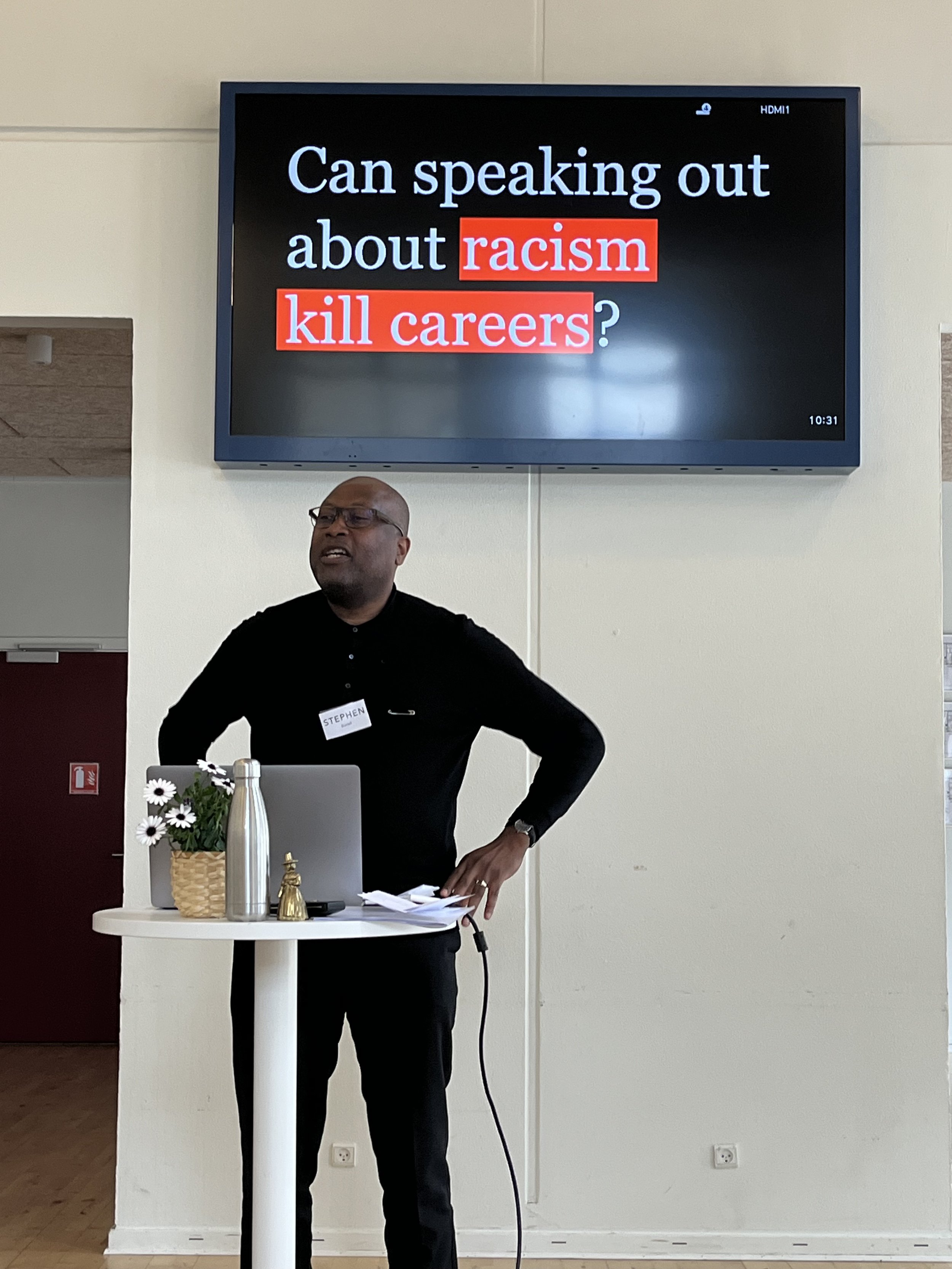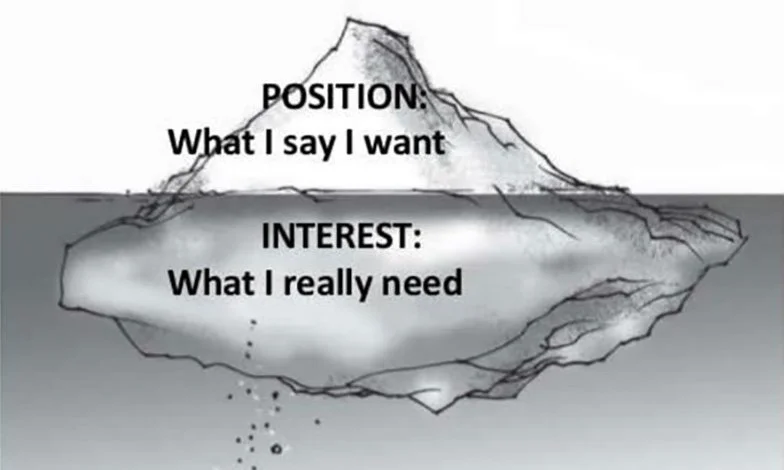c/o Medium
What’s the most challenging part of your DEI job?
One of the most challenging parts is aligning individual perspectives with the broader goals of diversity, equity, and inclusion. For example, I once worked with a team member who was hesitant about implementing a mentorship program aimed at supporting women in leadership roles as they were concerned it might create unfair advantages. To address this, I shared an experience where we introduced a similar program in a previous organisation, and it resulted in not only more women in leadership positions but also an overall increase in team collaboration and performance. By framing the situation with concrete outcomes, I helped them see the bigger picture. My goal is not necessarily to change their mind but to broaden their understanding of why these initiatives are important from a DEI perspective.




















